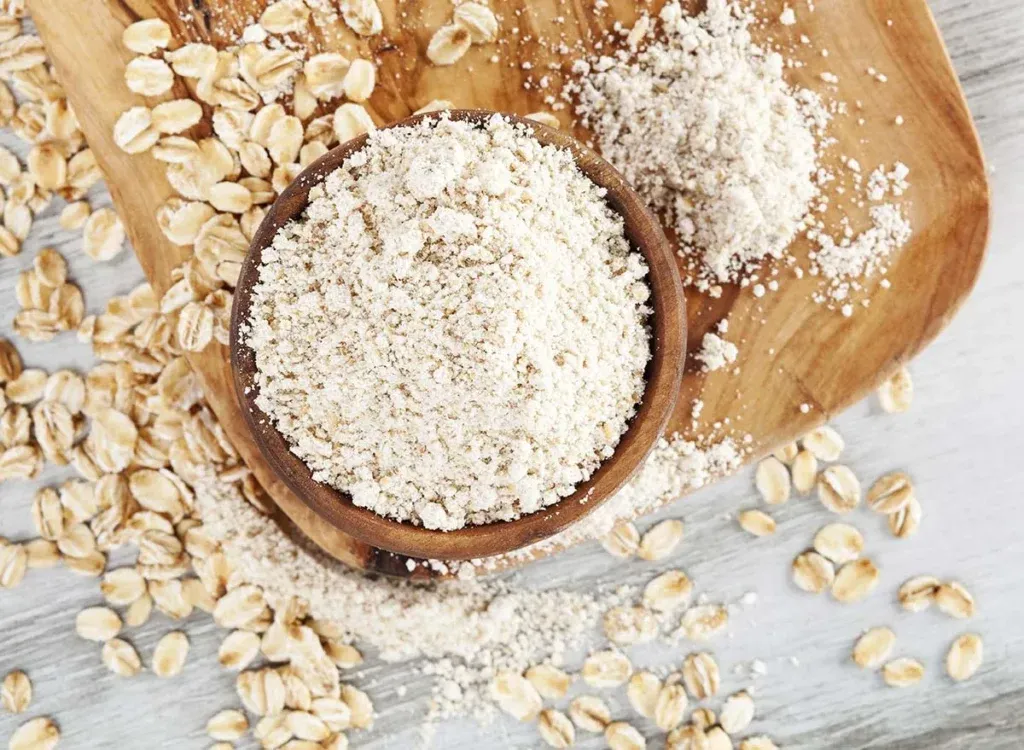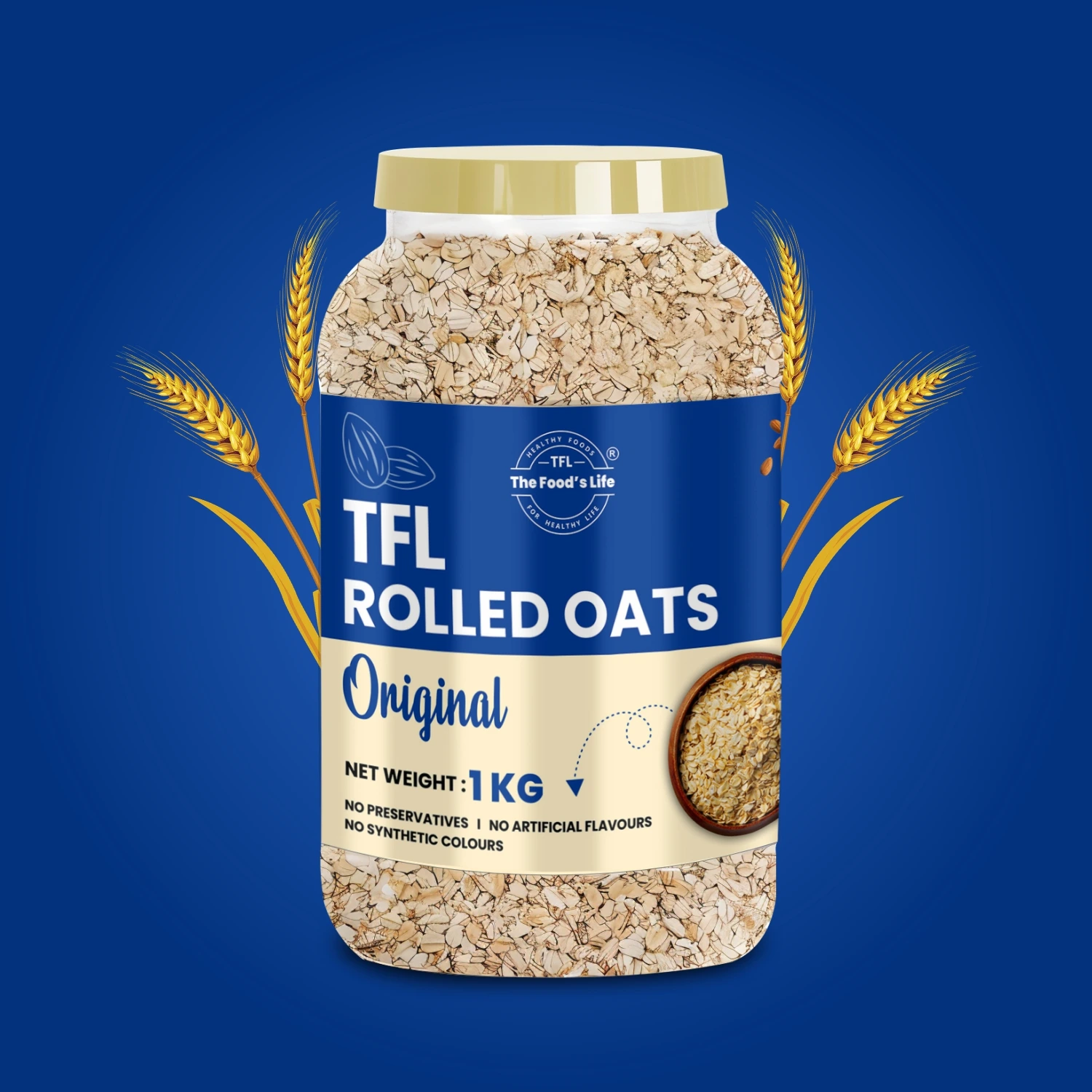In kitchens worldwide, people commonly use oats flour and maida (all-purpose flour). Although both find application in cooking and baking, their nutritional profiles and health benefits differ significantly. Let’s delve into why oats flour often earns recognition as a healthier choice compared to maida flour.
Packed with essential nutrients beneficial for overall health. Oats flour retains much of its original nutritional value, unlike maida flour. Which undergoes processing that refines and strips away many nutrients. Oats are rich in dietary fiber, protein, vitamins (such as B vitamins), and minerals like iron and magnesium. These nutrients are essential for supporting various bodily functions, including energy production, immune function, and bone health.
One of the key advantages of oats flour is its high fiber content. Oats, containing soluble fiber like beta-glucans, have been associated with numerous health benefits, showcasing their richness in this beneficial component. Soluble fiber helps to regulate blood sugar levels, improve cholesterol levels, and support digestive health. In contrast, maida flour is low in fiber. Which can lead to digestive issues and may contribute to an increased risk of certain health conditions. Such as heart disease and diabetes.
Oats flour has a lower glycemic index compared to maida flour. Meaning it causes a slower and steadier increase in blood sugar levels after consumption. This can be beneficial for individuals managing diabetes or those looking to maintain stable energy levels throughout the day. In contrast, maida flour has a high glycemic index, leading to rapid spikes and crashes in blood sugar levels, which can negatively impact overall health and well-being.
The high fiber content of oats flour can also aid in weight management. Fiber helps to promote feelings of fullness and satiety, reducing overall calorie intake and preventing overeating. Furthermore, this flour has fewer calories compared to maida flour. Providing a more filling and satisfying option for individuals aiming to maintain or lose weight. By incorporating thisflour into meals and snacks, individuals can support their weight management goals while still enjoying delicious and nutritious foods.
Its beneficial effects on cholesterol levels have been associated with improved heart health, owing to oat flour. The soluble fiber found in oats, particularly beta-glucans, helps to lower LDL cholesterol (the “bad” cholesterol) levels, reducing the risk of heart disease and stroke. Contrastingly, an increased risk of heart disease has been linked to diets high in refined grains like maida flour, as they lack the heart-healthy nutrients found in whole grains like oats.
In addition to supporting heart health, the fiber in oats flour also promotes digestive health. Fiber adds bulk to stool, making it easier to pass through the digestive tract and preventing constipation. Oats flour is a good source of both soluble and insoluble fiber, which work together to support regular bowel movements and maintain a healthy digestive system. In contrast, maida flour, lacking in fiber, may contribute to digestive issues and discomfort.
In conclusion, choosing oats flour over maida flour provides a range of health benefits, positioning it as a superior choice for those aiming to enhance their diet and overall well-being. By incorporating this flour into meals and snacks, individuals can savor the delicious taste and texture of oats while gaining the numerous nutritional advantages they offer.






